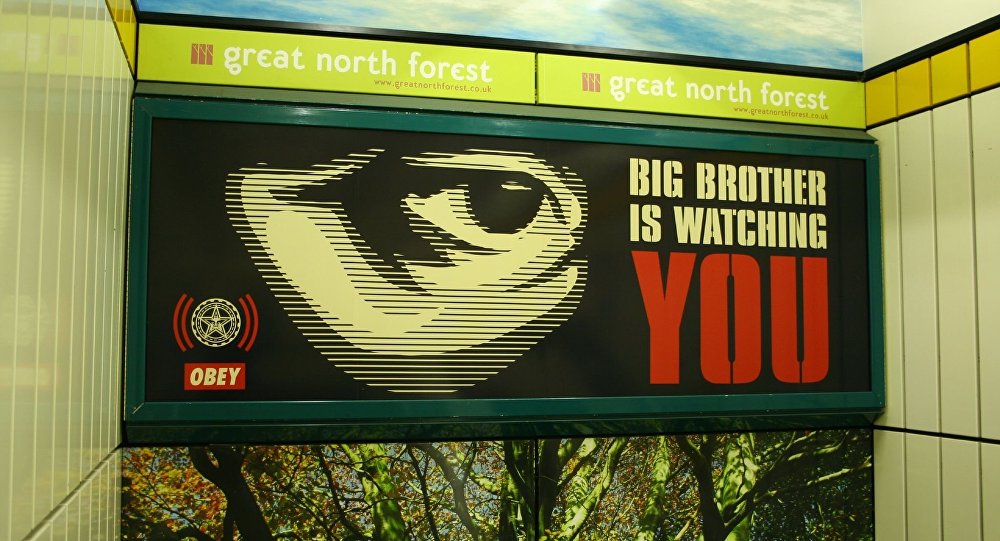
Cromwell, CT - Connecticut Better Business Bureau says the billboard you passed on the highway is getting to know you better, as part of a new generation of data collection tools.
Over the past several decades, like it or not, marketers have been collecting information on us through our computers and mobile devices. We are followed every time we visit a web site, but now, using cell phone signals, marketers are using billboards to track where we are going and at what time.
"Many people might be surprised to the extent we are being followed," explains Connecticut Better Business Spokesman Howard Schwartz. "When we use an app specific to a mall or store, marketers can follow us from store to store, up, down the aisles and see what you buy. The same with store discount cards. Data collectors know where we are what we are buying and more."
"It should come as no surprise that marketers are using billboards as they constantly update their technology to find out as much as they can about our habits, where we shop, how we get there, how often, where we are going and when."
The unsettling aspect is that most consumers aren't even aware they are being tracked by a variety of methods without our knowledge or consent. Sellers and marketers say they are not looking for personally identifiable information, but they do follow us through the unique identifier in our smart devices.
The tracking billboard system is called "RADAR," and is the result of collaboration between several companies.
An estimated 675 thousand of these tracking billboards have been installed in countries around the world, and that number is expected to continue growing.
Most of us know our computers track us and so do free mobile device applications. It is not a free ride. Many free apps want access to our contacts and other information from our devices, even though the apps' functionality does not require that information.
Marketing information collected from us can also be sold to third parties without our knowledge.
The issues involved with data mining involve not only privacy but the fact we don't always know we are being tracked. Privacy advocates and some lawmakers say disclosure about these practices is lacking.
A New York Senator is urging Federal Trade Commission to look into what he calls "Spying Billboards," and worries billboard companies sell our marketing information collected from our mobile devices to other parties. Privacy advocates are concerned that when we pass by one of these billboards, our information can be combined with public data available online, to create a fairly accurate profile of us and our preferences.
The senator also touched upon an important point about protecting consumers from invasive data collection. The lawmaker says consumers should be given the option of opting out of billboard tracking.
There are several ways to lessen the chances that your online digital information will be compromised:
Check reviews for safe internet browsers - Many browsers offer good protection from marketing snooping.
Look for browser "add-ons" - These are small pieces of software common to browsers that you can install. They can do everything from help you download video to blocking cookies and ads.
When you see how many trackers are associated with a particular web page you might be surprised at what you find- anywhere from three to a dozen or more tracking "cookies."
Check privacy settings - If you go through the settings on a smart device, you will find a number of privacy settings such as send a "Do Not Track" button, disabling location services.
Lock down social media privacy settings - They change from time to time and you may want to check those to see if an update or change to a site has disabled privacy settings.
Change your "identity" - Some smart devices ask you if you'd like to reset your advertising identifier -a unique serial number used to identify your device. That changes part of your device's identification information collected by trackers.
Clear your browser when done - Most browsers allow you to delete your file cache, browsing history or clear this information automatically every time you close your browser.
This would be a good time to strengthen your digital privacy, as we tend to spend so much time on websites - large and small - for our holiday shopping.
You can learn more about computer security, identity protection measures and more at bbb.org/ct/.